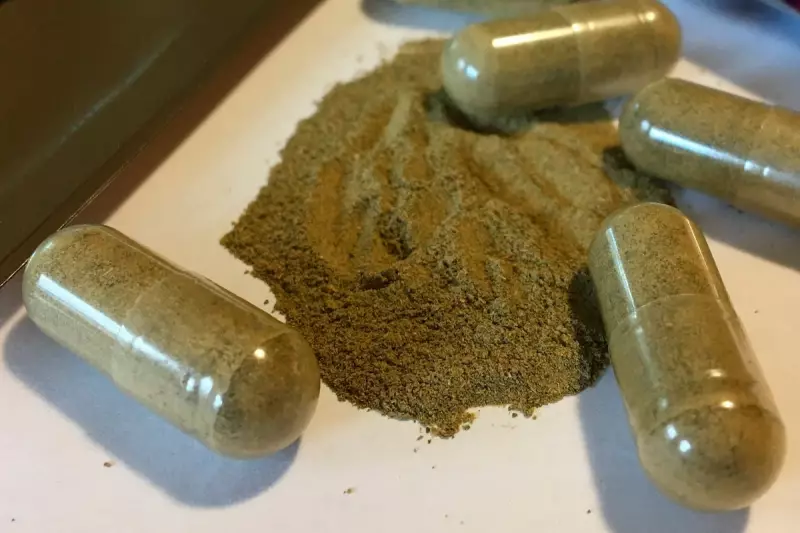
The herbal supplement kratom has come under intense scrutiny following reports linking it to a fatality, sparking debates over its safety and regulation. Despite being marketed as a natural remedy for pain and anxiety, concerns are growing about its potential risks.
What is Kratom?
Kratom, derived from a tropical tree native to Southeast Asia, is often sold in the UK and US as an over-the-counter supplement. Advocates, including high-profile figures like Robert F. Kennedy Jr., claim it can help with opioid withdrawal and chronic pain. However, critics argue that its effects are poorly understood and potentially dangerous.
The Controversy
The recent death associated with kratom has reignited calls for stricter regulation. The US Food and Drug Administration (FDA) has previously warned against its use, citing risks of addiction, liver damage, and even death. Despite this, it remains widely available in shops and online.
RFK Jr.'s Role
Robert F. Kennedy Jr., a prominent anti-vaccine activist, has been a vocal supporter of kratom, arguing that it offers a safer alternative to prescription opioids. His advocacy has drawn both support and criticism, with some accusing him of downplaying the supplement's risks.
What’s Next?
As investigations continue, health experts are urging caution. "The lack of regulation around kratom is alarming," said one toxicologist. "Consumers need to be aware of the potential dangers." Meanwhile, the debate over its legal status shows no signs of abating.





